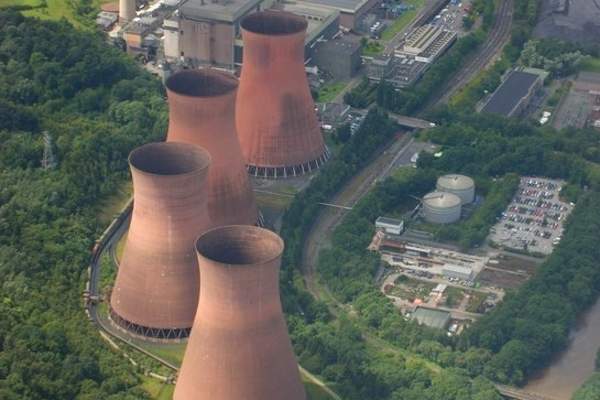US $2bn is set to be invested in construction of biomass power plants in Egypt. The government made the announcement and said that each of the governorates that will house a power plant will have to buy back US $6.65 per kWh and the remaining US $2.23 will be paid by the environmental agencies under the jurisdiction of the Ministry of Environment.
The land that will house the plant will be offered by the host governorate under a usufruct regime ( The right granted to an entity to use property and enjoy the income it provides, without being the owner). In addition, each governorate that will house a factory will have to provide the waste necessary for its operation free of charge.
Also Read:Morocco’s natural gas production to reach 96 million cubic meters by 2020
Biomass power plants
These infrastructures upon completion will make it possible to transform 600 tonnes of waste into energy every day. The repurchase price per kWh of the energy to be produced is estimated at US $8 over a 45-year period, part of which will therefore be subsidised by the State.
A number of both local and foreign investors have submitted their applications towards the development. Among them, the Egyptian Company for Solid Waste Recycling, Empower Energy, Global Knowledge Company (GKC), China Power International Development, Shanghai Electric.
Energy mix and trend in Egypt
The current energy mix and trend in Egypt is similar to that of other emerging economies, where the share of renewable energy in power generation is declining despite the increase in renewable energy diffusion and investments overtime, due to higher growth in overall energy demand.
Current power generation in Egypt is dominated by natural gas, which contributes more than three quarters of total generation. The power sector consumes more than 50% of all natural gas, with the share of renewable energy declining from 13% in 2010 to 10% in 2014.

